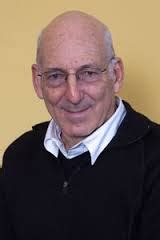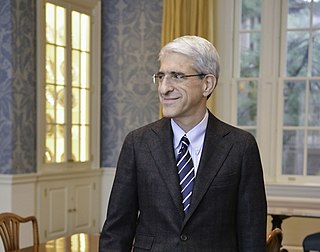A Quote by Jef I. Richards
Advertising is speech. It's regulated because it's often effective speech.
Quote Topics
Related Quotes
The radicals...want speech regulated by codes that proscribe certain language. They see free speech as at best a delusion, at worst a threat to the welfare of minorities and women....The most obvious (and cynical) explanation for the switched positions is the switched situations. Protesting students became established professors and administrators. For outsiders, free speech is bread and butter; for insiders, indigestion. To the new academics, unregulated free speech spells trouble.
Very often in free speech cases you find yourself defending material that you personally detest, because of course it's no trick to defend the free speech of people you either agree with or who don't particularly upset you. It's when people really upset you that you discover if you believe in free speech or not.
If a university official's letter accusing a speaker of having a proclivity to commit speech crimes before she's given the speech - which then leads to Facebook postings demanding that Ann Coulter be hurt, a massive riot and a police-ordered cancellation of the speech - is not hate speech, then there is no such thing as hate speech.




































